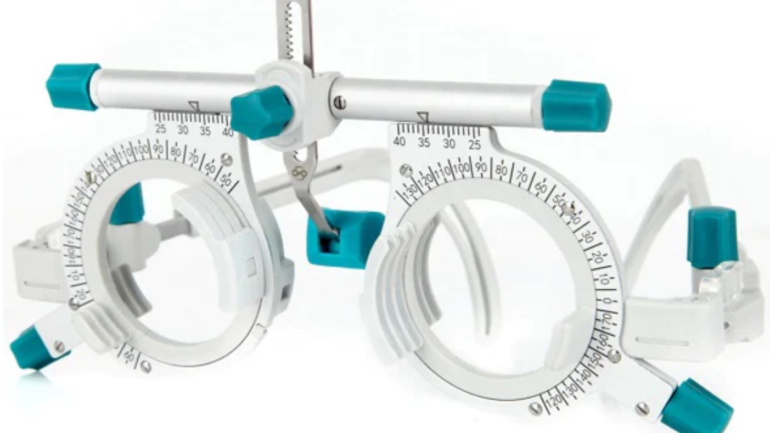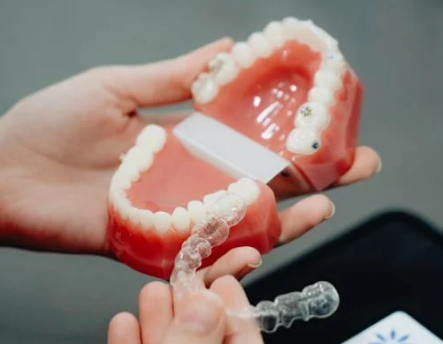If you have experienced twinges or pain when eating or drinking certain foods and drinks, you may have sensitive teeth. In some cases the discomfort can last for up to a few hours and discourage sufferers from ingesting anything that might trigger the pain. Sensitive teeth are most common in people aged between 20 and 40, though anyone at any age can be affected. Here we offer some advice on how to manage sensitive teeth to help you avoid pain and discomfort.
Why are my teeth sensitive?
The softer, more sensitive element in your teeth is called dentine and ordinarily this is protected by the outer layer of enamel. In some cases, however, the enamel can become damaged, exposing the dentine and making the tooth sensitive. This commonly happens where the tooth meets the gum, as the gums naturally recede, exposing the tooth roots which do not have an enamel layer to protect them.
Enamel erosion, and therefore tooth sensitivity, can also be caused by:
- Brushing your teeth too hard, particularly where they meet the gums
- Dental erosion – caused by the consumption of too much acidic food and drink
- Gum disease – causing the gums to recede and making it difficult to clean around the teeth properly
- Cracked teeth and fillings
- Grinding your teeth – which causes the enamel layer of the teeth to wear away
What triggers tooth sensitivity?
You’ll probably notice your sensitivity when eating or drinking foods or drinks that are very hot or cold – such as hot drinks or ice cream. Sensitivity can also be experienced when consuming very sour food or drinks or when biting down on something. You may even notice the pain when outside on a wintry day, if the cold air gets to your teeth.
How to stop sensitive teeth
As with any dental issue, it goes without saying that you should maintain regular dental check up appointments with your dentist and hygienist. This will help to identify any problems and also ensure that you are practising a good oral health routine, to help protect the enamel layer on your teeth and prevent receding gums.
There are a few other things you can try to help treat and avoid sensitive teeth, including:
- Use a sensitive toothpaste or ask your dentist to recommend a fluoride gel, rinse or varnish to help build up a protective layer on your teeth
- Visit your dentist as soon as you can if you suspect a cracked tooth
- Avoid sugary and acidic foods and drinks
- Use circular motions to brush your teeth rather than going from side to side
- Use a softer toothbrush
- Change your toothbrush every 2-3 months, or before if it looks worn
- Don’t brush straight after eating, as certain foods and drinks soften your tooth enamel
If you need further advice about how to manage sensitive teeth, or how to protect tooth enamel, ask your dentist. Riverside Dental Spa is a dental practice in Vauxhall, London, offering a comprehensive range of dental treatments and can provide guidance on looking after your teeth and gums. Please visit their website riversidedentalspa.com for more information.




